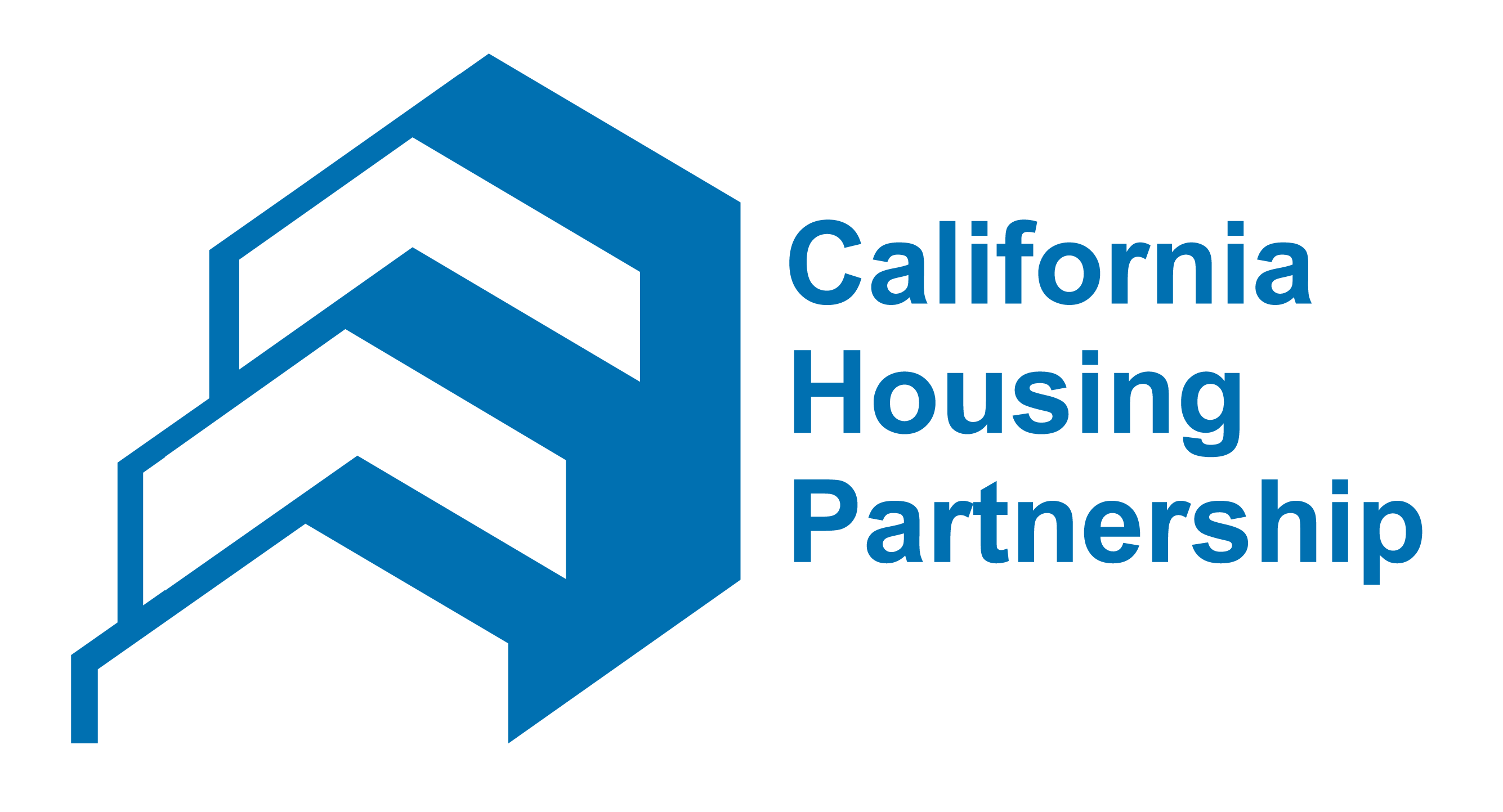 Yesterday, Governor Gavin Newsom released a revised state budget for California (May Revision). The California Housing Partnership is heartened to see that despite the state’s anticipated record budget deficit, the governor is standing by earlier commitments to continue funding $500 million in state Low-Income Housing Tax Credits in 2021. These state housing credits, first authorized last year thanks in large part to the leadership of Assemblymember David Chiu, will enable dozens of new affordable housing developments to start construction sooner and create thousands of jobs each year.
Yesterday, Governor Gavin Newsom released a revised state budget for California (May Revision). The California Housing Partnership is heartened to see that despite the state’s anticipated record budget deficit, the governor is standing by earlier commitments to continue funding $500 million in state Low-Income Housing Tax Credits in 2021. These state housing credits, first authorized last year thanks in large part to the leadership of Assemblymember David Chiu, will enable dozens of new affordable housing developments to start construction sooner and create thousands of jobs each year. The Partnership also applauds the governor’s proposal to invest $750 million in federal Coronavirus Relief Funds to acquire hotels and motels so that the thousands of homeless individuals temporarily sheltered through Project Roomkey will have a place to live after the short-term FEMA assistance runs out. With the virus still stalking our vulnerable homeless populations and the FEMA clock counting down, making this initial downpayment to keeping the formerly homeless housed is critical. The Partnership calculates that $2-3 billion more in funding will be needed to acquire, repair and operate enough motel, hotel and SRO rooms to ensure that all of the 15,000 formerly homeless housed by Project Roomkey stay housed.
Housing the formerly homeless from Project Roomkey should not be our only goal right now. In moments of crisis like this, we cannot let our thinking be bound by immediate budget necessities or we risk having tens of thousands more people becoming homeless or displaced. With interest rates at record lows and property values headed downwards, now is the time for the state to think big and bold. The state should pass a $10 billion Coronavirus Affordable Home Bond as soon as possible to fund:
- The purchase and rehabilitation of the remainder of the 15,000 motel/hotel units needed for Project Roomkey residents (after spending the newly budgeted $750 million in federal funds).
- The purchase and preservation of apartment buildings currently providing affordable housing to low- and moderate-income families who otherwise may face displacement as their incomes plunge and private landlords move to evict them after the moratorium expires.
- The acquisition and conversion of vacant office spaces into thousands of new affordable homes.
- The acceleration of the state’s production of affordable homes that are ready to start construction but for lack of funding. The Partnership’s research reveals that there are shovel-ready plans to construct and preserve approximately 15,000 affordable homes that, on average, lack only a last gap of $200,000 in state funding per home.
Not only would the above actions preserve and produce thousands of affordable homes, but they would also expedite bringing the state’s economy back to life by creating employment for tens of thousands of Californians and billions in new revenue, enough to make good on payments back to the Coronavirus Affordable Home Bond. The time to act is now.
